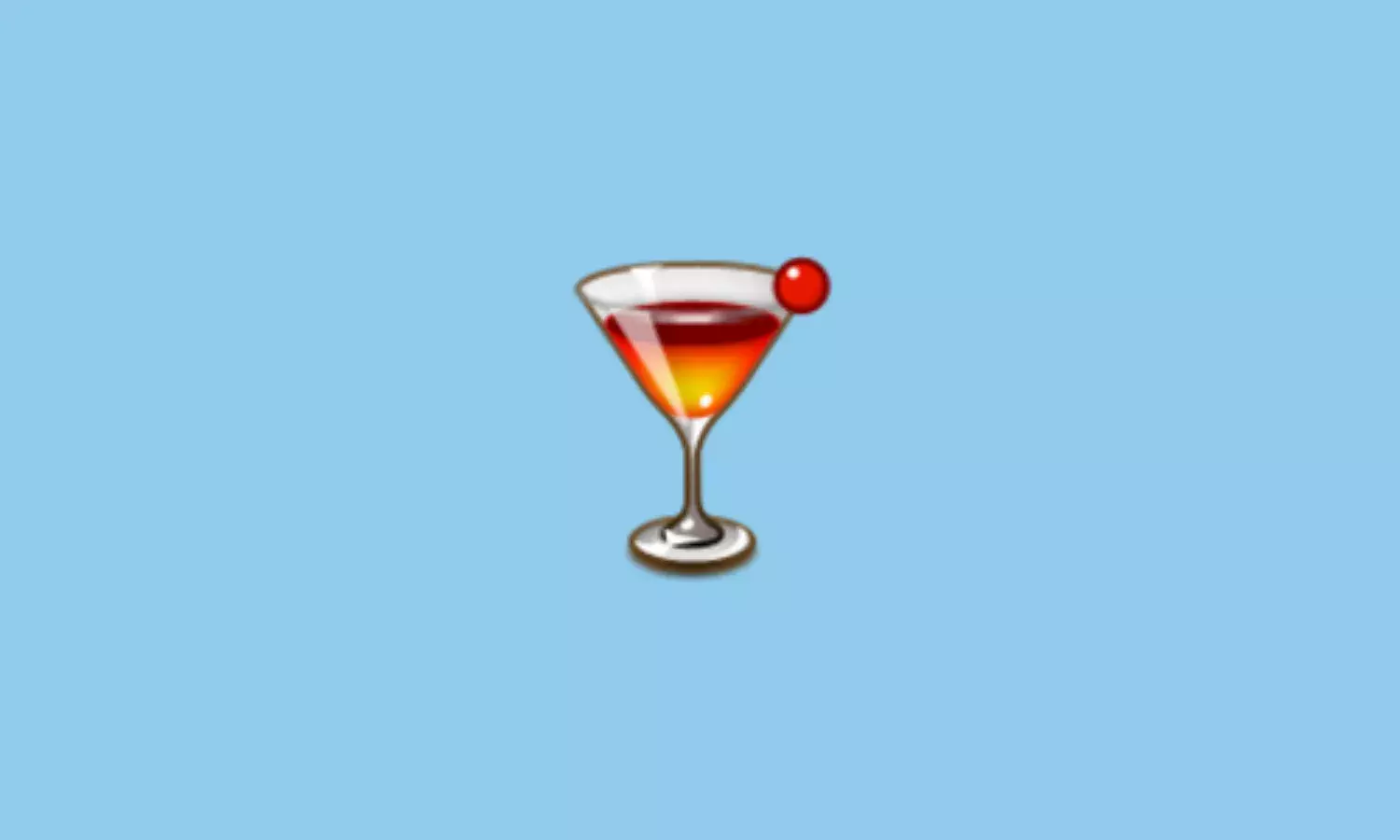The Rise of the Sober Curious
#MindfulDrinking

Sober curiosity is the ‘wellness’ approach to drinking alcohol -- and it permits everything from total sobriety to an occasional bender, as long as you recognise and understand your drinking habits (and throw in a reflective Instagram post. #MindfulDrinking)
There was a time when abstaining from alcohol meant you had a problem - that you were in recovery perhaps, and it came with an air of secrecy and quiet. Sober curiosity isn’t that -- it’s a made-for-Instagram lifestyle choice, or perhaps just something new and interesting to try, like a yoga studio that’s just opened its doors and is all over social media.
It can mean giving up alcohol for a month, or limiting it to special occasions such as birthdays and weddings or a trip to Thailand with your friends. Or it can mean not drinking on weekdays, which is something I’ve followed for years now - before sober curious was a thing.
I came up with the weekday no-drinking rule in a bid to survive Delhi’s drinking culture while still retaining some semblance of a social life. It was a play right out of the sober curious handbook - I just didn’t know it at the time. My weekday resolve was initially met with ridicule, but quickly gave way to acceptance - and proved to be a balance that worked for me.
In my social circle, I know people who abide by dry January, implement a month long post holiday ‘cleanse,’ and there’s even someone whose idea of a wild night out currently involves a well crafted mix of tonic water and red bull. While these experiments in sober curiosity are largely prompted by late 20s / 30s metabolism, and the fact that hangovers are now just so much worse -- I guess what interests me is the lack of privacy and secrecy that now accompanies the quest to find and achieve a balance when it comes to alcohol.
And I think the rise of all things wellness has a part to play. People are now thinking more about lifestyle choices -- be it going vegan, eating organic or choosing to cut down on or limit alcohol.
There’s plenty to corroborate what I see IRL in my social circle and online on Instagram -- it seems that millennials are now drinking less, beverage companies are hedging their bets on a growing non-alcoholic drinks market, and the media is full of trend stories on how to conquer FOMA (fear of missing alcohol).
The cultural approach to drinking has largely been all or nothing -- either you’re a drinker, or you’re not; there was no real in between. People are now finding reasons to strike a balance - be it saving money on an overly inflated Rs. 500 per drink bill or having way too much to do on a Saturday to allow for a hangover.
For me, the motivation to cut down on alcohol has come from obsessing over alcohol’s effects on the body.
Our bodies treat alcohol like a toxin - going into overdrive to eliminate it by producing an enzyme called alcohol dehydrogenase. If your body is able to eliminate the toxin faster than you’re consuming it, you’ll be more or less okay - but that’s not usually what happens. Cue hangover. And cue throwing up everything you just ate because your body knows it has to clear the alcohol faster than the liver or kidneys can handle and is trying to save you from alcohol poisoning. Thank you bod.
But for some reason, just knowing that our bodies think alcohol is going to kill us - and want it out - isn’t enough of a deterrent when it comes to binge drinking. A more compelling motivator is the fact that alcohol is “empty calories” - which means that the calories we get from alcohol have no nutritional value. With 150 calories in a glass of wine and 200 calories in a Gin & Tonic - these calories can quickly add up and make the expensive dietician imposed 1800 calories a day limit impossible to adhere to.
There’s also the fact that alcohol lowers inhibitions - and while this may take the form of beer goggles at about 2 am, it almost always involves microwaving a giant bowl of leftover pasta before finally calling it a night. Alcohol temporarily keeps your body from burning fat - because your body prioritises the energy it gets from alcohol as fuel. This means that whatever you’re eating - snacking while drinking or at the end of the night - will get stored as fat.
Add to this all the long term effects of excessive drinking - from liver disease to certain kinds of cancer, and you have a fairly good case in favour of moderation.
So it’s about time we make moderation cool - and the rise of sober curiosity is a welcome step in that direction. It doesn’t have to be all or nothing -- and experimenting with different attempts at moderation may help you find the balance that works for you.



